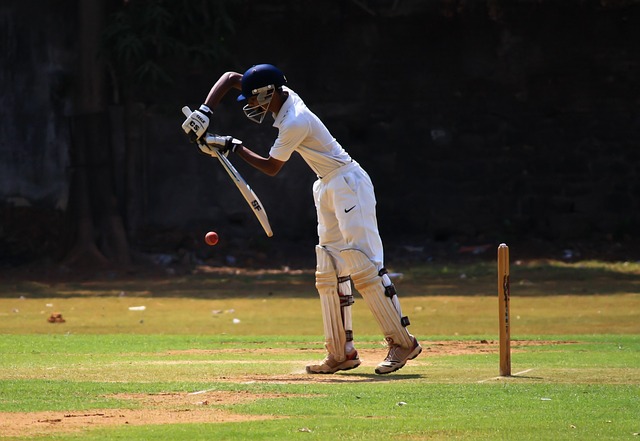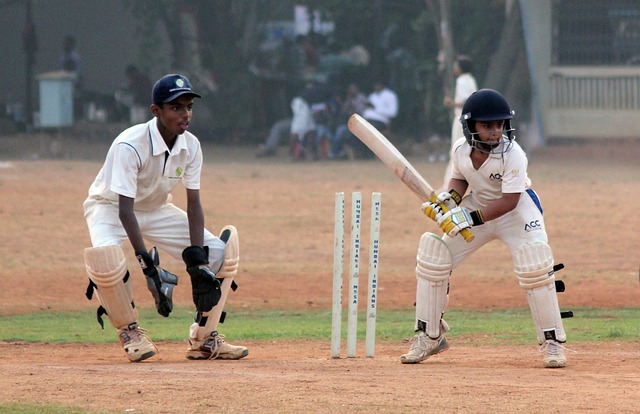Political betting is growing all over the world. Many people see it as an exciting way to make money. In Western countries, political betting markets are already huge. But in non-Western countries, the situation is different. Some people on 22Bet view these markets as goldmines. Others see them as risky traps.
Why Political Betting Exists in the First Place
Political betting is simple to understand. You place a bet on who will win an election or a leadership contest. Sometimes you bet on policies, like whether a law will pass. People bet on politics for many reasons. Some want to make money. Others love the excitement. Some even use betting to express their political views. In non-Western countries, political betting is growing too. But it faces many challenges, like legal risks and unstable political systems.
The Lure of Hidden Goldmines
Imagine betting on a political race before most people even know it’s happening. That’s the opportunity in non-Western markets.
Odds in these markets can be more favorable. Fewer experts analyze them. That means sharp bettors might find value bets more often. For many, this feels like discovering hidden goldmines.
The idea of making large profits from low-profile elections is tempting. But is it too good to be true?
Why Some See Only Risks

Many experts warn that these markets are filled with risks. In non-Western countries, political systems can be unstable. Corruption and fraud may affect elections.
Bettors might not have access to reliable polling data. Governments might block or restrict betting activities. Legal systems may be unclear or hostile to gambling. All these factors make political betting in non-Western countries risky. Some say it is more of a trap than a goldmine.
The Legal Grey Zones
The legality of political betting in non-Western countries is often uncertain. In some countries, betting on politics is completely illegal. In others, the laws are vague. Some nations tolerate betting in informal settings but ban formal platforms.
In China, gambling is mostly banned, except for state lotteries. Still, some people bet on politics secretly. In India, some betting is legal, but betting on politics is not allowed. This legal uncertainty adds to the risk for bettors and platforms.
The Role of Online Betting Platforms
Online platforms make political betting in non-Western countries possible. Many of these platforms operate from jurisdictions where betting is legal. Bettors from non-Western countries can access these sites using the internet. They can place bets on local elections or international events.
Cryptocurrency: A New Tool for Political Betting

Cryptocurrency is changing political betting, especially in non-Western countries. Platforms built on blockchain technology promise more transparency. Some even use smart contracts to automate payouts. But crypto betting also carries risks. Price volatility can affect the value of winnings. Legal uncertainty about crypto adds another layer of complexity.
The Impact of Political Instability
Political instability is a big factor in non-Western betting markets. Elections in some countries may be postponed, canceled, or rigged. Military coups or sudden leadership changes can disrupt betting markets.
For bettors, this makes political betting much riskier. Even if you make a smart prediction, unexpected events can ruin your bet. Understanding the political climate is just as important as understanding the odds.
